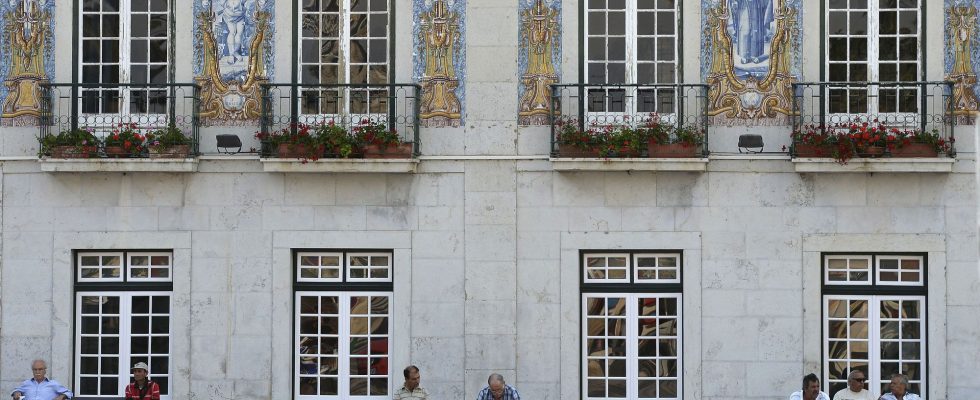A housing crisis, like in other European countries, and collateral victims. Portugal will stop granting tax exemption to foreign retirees from 2024, as this would contribute to driving up property prices in the midst of a housing crisis, Prime Minister Antonio Costa announced on Monday October 2.
“Maintaining such a measure in the future would amount to prolonging a measure of fiscal injustice which is not justified, and then it would be a roundabout way of continuing to raise prices in the housing market,” said the head of the socialist government in an interview with CNN Portugal television. However, the exemptions already granted will remain in force.
Eager to attract an economic diaspora and capital to the country, in the wake of the 2008 debt crisis, the Portuguese socialist government introduced the status of “non-habitual resident” (RNH) in 2009, allowing between other people retired from the private sector to benefit from a total tax exemption for ten years. This advantage was granted to foreigners living at least half the year in Portugal. However, a 2020 law modified this system. Since this date, new arrivals have been able to benefit from a reduced tax rate of 10% of their income.
More than 30,000 French retirees in Portugal
The measure, which became truly effective after a simplification of the procedure in 2012, aimed to attract foreign capital to this country, then hit hard by the debt crisis. It benefited some 10,000 people, the majority French, British or Italian retirees and who in fact largely contributed to the revival of the real estate market.
According to the consulate, interviewed by Mediapart, 35,000 French retirees are established in Portugal for more than six months a year. The majority are found in and around Lisbon, as well as in the Algarve, in the south of the country, where close-knit French communities have been recreated. But thousands of other seniors coming to Portugal for shorter periods are not registered.
Like “golden visas”, residence permits granted to wealthy investors from countries outside the European Union, or the tax regime aimed at attracting “digital nomads”, the system was regularly cited among the factors explaining the surge real estate prices.
Sharply rising housing costs
Between 2012 and 2021, the cost of housing increased by 78% in Portugal, compared to 35% in the European Union as a whole, according to a study by the Portuguese Francisco Manuel dos Santos Foundation. In the second quarter of 2023, the median rent jumped another 11% year-on-year, according to official data released last week.
The increase in interest rates decided by the European Central Bank (ECB) in response to the inflationary crisis has made the situation even more dramatic in a country where 87% of home loan holders are subject to variable rates.
In this context, thousands of Portuguese took to the streets of Lisbon and around twenty other cities in the country on Saturday, September 30, to demand firmer action from the government. “I do not hide a certain frustration, not to say a great frustration, to note that the reality was much more dynamic than the capacity for political response,” admitted the Prime Minister in the interview on Monday evening.
Its executive recently adopted a package of measures in March aimed at curbing real estate prices. These include the end of “golden visas” or the compulsory rental of apartments vacant for more than two years in the most populated regions. And, to help nearly a million families, the government decided last week to allow borrowers to benefit from a reduced rate for two years.
